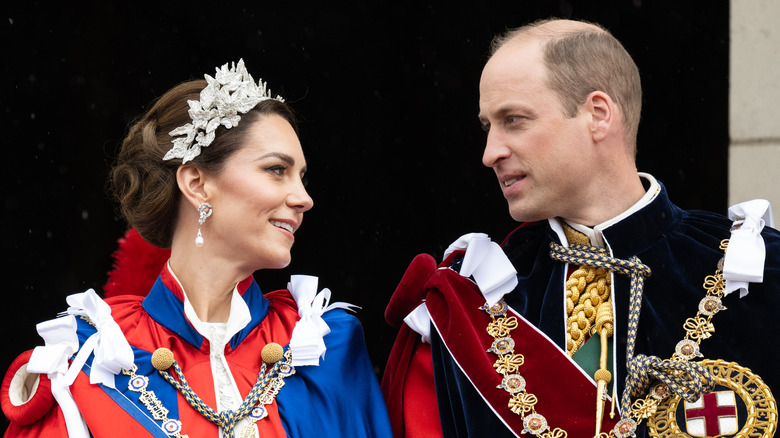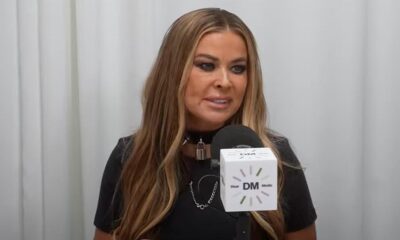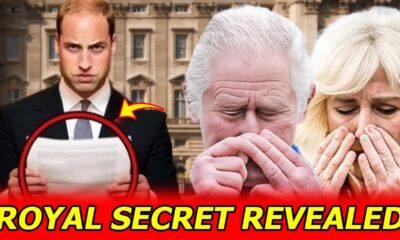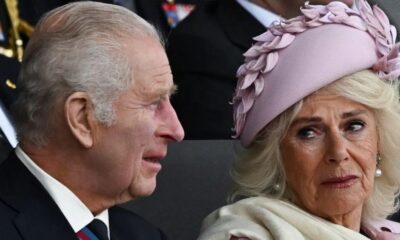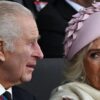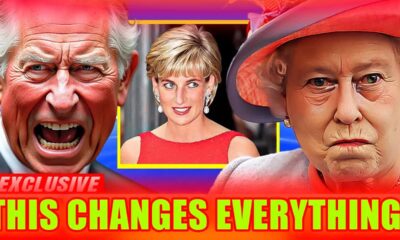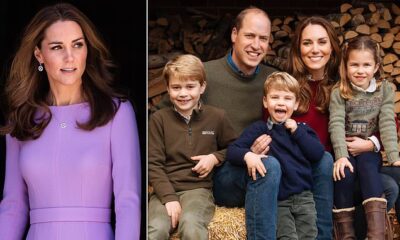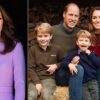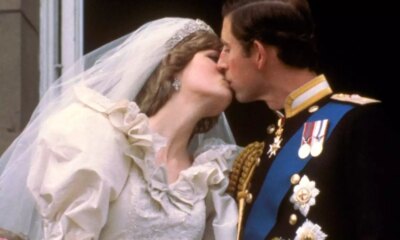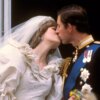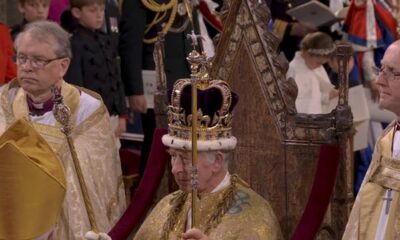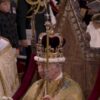The News
A Royal Reckoning: The Legacy of Princess Diana and Its Impact on the Monarchy
Prince William has recently voiced his concerns regarding a disturbing instance of media malpractice connected to his late mother, Princess Diana.
For generations, royal households have kept their secrets tightly sealed—hidden feuds, fractured relationships, and clandestine decisions have all been hidden behind a façade of public smiles and carefully curated images.
Yet now, the cracks in this polished exterior are becoming increasingly visible.
Long-held secrets are surfacing, threatening to upend the very foundations of the monarchy.
What was once merely a tale of legacy is morphing into a critical narrative of survival, loyalty, and betrayal.
The tragic death of Princess Diana on August 31, 1997, remains a pivotal moment in modern history.
That fateful night in Paris, which began like any other, ended with the shocking news that the beloved “People's Princess” had died in a catastrophic car accident in the Pont de l'Alma tunnel.
Pursued by relentless paparazzi, Diana and her companion, Dodi Fayed, found themselves in a perilous situation.
Their driver, Henry Paul, attempted to escape the photographers, resulting in a high-speed crash that left the world reeling.
In the immediate aftermath, grief enveloped the nation.
Images of the wrecked vehicle flooded news outlets, while mourners gathered outside Kensington Palace to pay their respects.
However, as time passed, troubling questions began to surface.
Why was the car traveling at such alarming speeds?
Why wasn't Diana wearing a seatbelt?
Could this tragedy have been avoided?
Conspiracy theories emerged, suggesting that powerful figures may have orchestrated the crash, viewing Diana as a threat to the monarchy.
While investigations determined it was an accident fueled by reckless driving and alcohol, the speculation endures.
For Princes William and Harry, Diana was more than a global icon; she was their mother.
Her untimely death irrevocably altered their lives.
At just 15 and 12 years old, respectively, they were thrust into the public eye, grappling with their grief under the scrutiny of millions.
The image of the two young boys walking behind their mother's coffin during the funeral procession is etched in the collective memory of the nation.
In subsequent years, both brothers have reflected on the profound impact of her passing.
Harry described it as an unhealed wound, while William referred to it as a pain like no other.
Diana's legacy profoundly influenced the paths William and Harry would take.
Harry emerged as a passionate advocate for mental health awareness, while William took on the role of a stabilizing figure within the royal family.
Yet, one can't help but wonder how Diana might have navigated the complexities of royal life with her sons.
Would she have encouraged Harry to remain within the royal fold or supported his choice to step back?
Would she have played a role in mending the rift between them?
Tragically, those answers remain forever out of reach.
King Charles, too, felt the weight of Diana's death.
Their highly publicized divorce had already strained public sentiment, with many attributing her unhappiness to him.
Following her passing, he faced backlash for choosing to stay at Balmoral with William and Harry instead of returning to London to address the situation.
Some saw this as cold-hearted, while others believed it was an effort to shield his grieving children from the media frenzy.
Regardless of public perception, Charles took steps to ensure that Diana's body was returned to Britain with dignity, flying to Paris to accompany her home.
As the years have rolled on, Charles has sought to reshape his public image through environmental advocacy and charitable initiatives.
However, the shadow of Diana's legacy looms large, influencing perceptions of the monarchy and his relationship with his sons.
The bond between William and Harry has also been shaped by their mother's memory.
Once united, the brothers now find themselves at odds, particularly after Harry's decision to step back from royal duties in 2020, which marked a significant fracture in their relationship.
Publicly, Harry has criticized the institution, candidly discussing the pressures of royal life and his fears of history repeating itself with his wife, Meghan Markle.
In contrast, William has consistently emphasized the importance of unity and responsibility within the monarchy.
Their diverging paths reflect different interpretations of their mother's legacy—William honors her empathetic approach while navigating royal duties, whereas Harry channels her rebellious spirit in pursuit of freedom from the institution he believes contributed to her struggles.
Princess Anne, known for her pragmatic nature and dedication to duty, has often been viewed as a stabilizing force within the royal family.
While she may not be as prominent as other royals, her grounded presence and work ethic have earned her respect.
Speculation suggests she could play a crucial role in mediating between William and Harry, potentially helping to bridge their differences.
As King Charles continues to navigate his reign, he faces the challenge of balancing tradition with modern expectations, all while contending with the enduring legacy of Diana.
The British royal family finds itself at a crossroads, particularly in the dynamics between King Charles III and Princess Anne.
While Charles endeavors to modernize the monarchy, Anne works quietly behind the scenes, ensuring that the family remains rooted in its core values.
This contrast makes her a compelling counterpoint to Charles—where he leads with vision, she acts with pragmatism.
Amid these turbulent times, Anne's steady influence may be just what the royal family needs.
In recent years, the monarchy has faced unprecedented scrutiny, especially following Prince Harry and Meghan Markle's departure from royal duties in early 2020.
Their quest for privacy and independence sent shockwaves through the institution, exposing vulnerabilities and deepening divisions.
Polls have shown a shift in public opinion, with support for the monarchy waning amidst the turmoil.
Despite King Charles's coronation in 2023 receiving some backing, the rift between Harry and the royal family remains a significant concern.
The legacy of Princess Diana continues to cast a long shadow over the monarchy, influencing public perception in ways that may never fade.
Her tragic death marked a turning point, ushering in an era of intense scrutiny.
Joyous occasions, such as Charles's coronation, are often overshadowed by reminders of his past with Diana.
Scandal has always been intertwined with royal life, from Diana's untimely demise to Prince Andrew's controversies.
Yet, despite numerous scandals, the monarchy persists, showcasing a resilience that captivates the public's imagination.
As the monarchy stands at this pivotal juncture, questions about its future loom large.
The fraught relationship between Princes William and Harry epitomizes the fractures within the family.
While reconciliation seems daunting, there remains a belief that familial bonds run deep.
The royal family must adapt to modern realities while holding onto centuries-old traditions.
Whether they can heal and move forward together remains uncertain, leaving the world captivated by the unfolding story of the British royal family.


